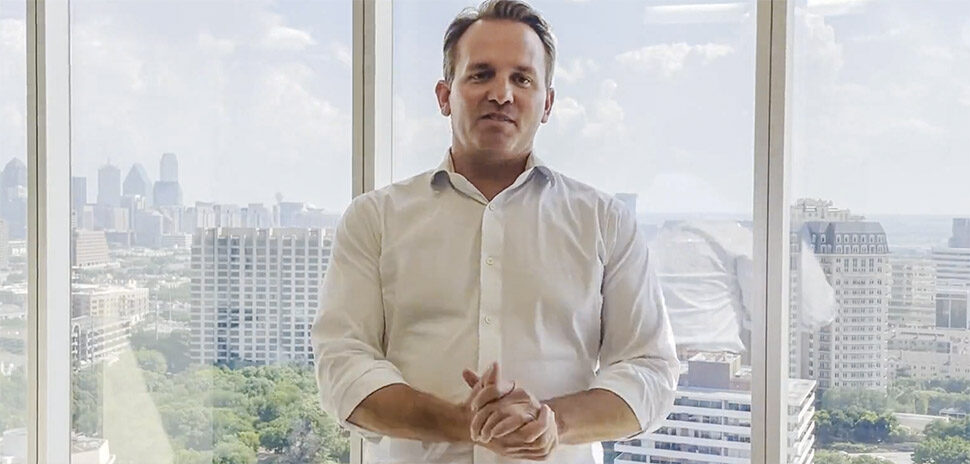Early discrepancies between the United States and Mexico’s classification of essential businesses halted the movement of products, supplies, and business in North America.
Integrated supply chains were impeded as elected officials mandated business closings and shelter-in-place orders to prevent the spread of COVID-19.
In April, Arcosa CEO Antonio Carrillo added his signature, along with 330 fellow CEOs, to the National Association of Manufacturers letter urging Mexico President Andrés Manuel López Obrador to consider manufacturing and supply business lines as essential to the delivery of critical supplies and daily essentials to citizens across Mexico and North America.
“We’ve had to navigate varying essential business regulations related to our industry guidelines, as well as across federal, state, county, and local guidelines,” Carrillo said. “It’s taken a lot of work from our Best Practices Team, attorneys, and just common sense to keep all of our employees and operations safe.”
Headquartered in Dallas, Arcosa operates five manufacturing plants in Mexico and 90 manufacturing plants in the U.S., with Texas being home to its largest plant. Arcosa foundries, mines, and quarries provide solutions, supplies, and manufactured materials to infrastructure-related projects.
Due to the pandemic, the U.S., Canada, and Mexico have agreed to keep their shared borders closed to non-essential business travel through July 21. The responsibilities of essential businesses during a pandemic weigh heavily on CEOs and their teams as they manage daily risks while working to keep the economy going.
Arcosa quickly implemented its work-from-home strategy for office functions, and while Carrillo said he understands that some positions will never be full-time in the office again, he struggles with how to maintain a strong company culture.
In an employee survey for Arcosa office personnel, only four percent said they would prefer working in the office every day. A majority of the respondents said they prefer the flexibility and option of working in the office and at-home a couple of days a week.
“The biggest issue in my mind is how do we create a healthy culture, especially for a new team member. A new team member needs to create relationships, and they need a platform for visibility and a way for us to chart a career path for them within the company,” he said.
To manage its large manufacturing operations scattered throughout the U.S. and Mexico, the Arcosa Best Practices Team created a living document that is reviewed and updated daily with new findings from the CDC and research.
“I really think the safest place to be right now is in our office or in one of our plants because of all of our safety protocols in place,” he said.
Carrillo said being an essential business takes constant employee education on safety regulations inside facilities, and the company has to account for and be aware of what employees do and how they behave outside of work.
“We understand that outside of these safe places employees carry a greater risk of contracting the virus,” he said. “We have to be very careful of risk management and the risk tolerance of an employee in every facility.”
A version of this story first appeared on the Dallas Regional Chamber site. Dallas Innovates is a collaboration of D Magazine Partners and the Dallas Regional Chamber.
![]()
Get on the list.
Dallas Innovates, every day.
Sign up to keep your eye on what’s new and next in Dallas-Fort Worth, every day.


































































